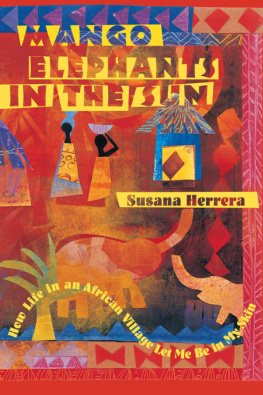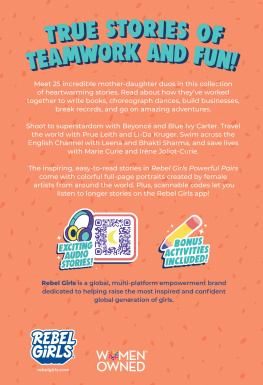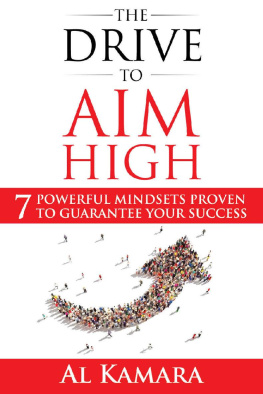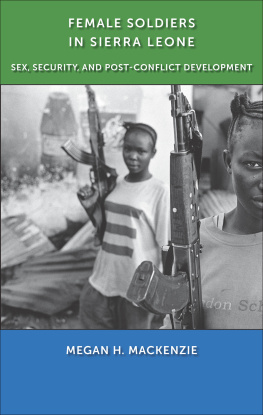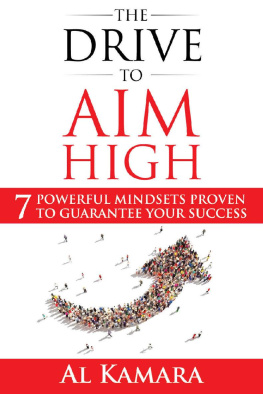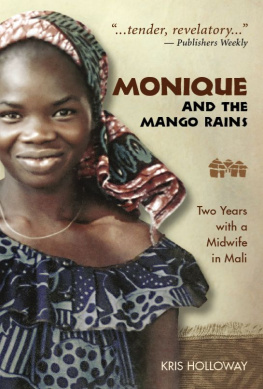The Bite of the Mango
The Bite of the Mango
by Mariatu Kamara with Susan McClelland

To all the people who were there with me on
this journey, from start to finish.
Mariatu Kamara
To my grandfather, who taught me to never lie and
to speak my truth fearlessly and who is my angel.
Susan McClelland
THANKS/ACKNOWLEDGMENTS
A special thanks to:
Kadi and Abou Nabe, their family, my friends,
and the entire Sierra Leone community.
and
Dr. Beth Hedva
Steve Jarosz and 9 Story Entertainment
Joyce Anne Longfellow
Jeff and Rita Rayman
Carolyn Cavalier Rosenberg in memory of Debbie Cavalier
Sorious Samura and Insight News TV
Greg and Linda Wolfond
The Ontario Arts Council and UNICEF Canada
FOREWORD
In my culture, every story is told with the purpose of either imparting knowledge, repairing a broken bond, or transforming the listener and the teller. Mariatus story embodies all of these elements. I have been waiting for such a story, one that reminds us all of the strength and resilience of the human spirit.
The Bite of the Mango is a rare account, written in a chillingly honest voice, of how a 12-year-old girl became a victim of one of the most brutal wars of the 20th century. It is the story of how this girl survived to start life over again, after being robbed not only of her childhood but of her hands. She has had to learn to live without them. What does it feel like to be unable to wipe away your own tears of deep sadness, to stand without hands to push you up? Mariatu tells us about these experiences and many more in her narrative of lost innocence, betrayal, and recovery during an arduous and bloodcurdling time. She describes the humility, culture, and interaction of a closely knit village community in Sierra Leone, and explores how war fueled our countrys disintegration into a society filled with suspicion and distrust as neighbor turned against neighbor, child against child, and child against parent.
This powerful and timely story is told in simple language that captures both the innocence of the teller and her desperation to create a deepening awareness about the suffering of children caught up in the madness of war. It is difficult to start talking about what happened during the war, but once you start, you have to go on, Mariatu told me when we met in April 2007. I believe that she exemplifies this same strategy in every aspect of her life.
The light and joy in Mariatus face dont show you that she is someone whose heart once said goodbye to everything she knew. Meeting this remarkable young woman changes ones idea of what it means to be a victim of war. The media often focus on the trauma people suffer, forgetting to tell us about their ability to recover and the humanity that remains intact. Mariatus story gives that necessary human context to what it means to be both a victim and a survivor, to transform your life and continue to live with vigor.
I am deeply thankful that the world will be able to meet Mariatu through this book.
Ishmael Beah
New York, June 2008
Maps of Africa and Sierra Leone


The Bite of the Mango is the result of a close
collaboration between Mariatu Kamara and
journalist Susan McClelland. Susan wrote this
story based on many interviews during which
Mariatu related both the horrifying and the
triumphant moments of her life.
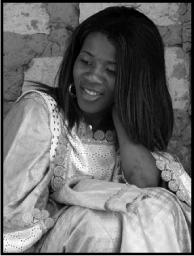
MARIATU KAMARA was born and raised in the West African nation of Sierra Leone. Her harrowing experiences as a child victim of war and the aftermath are the subject of her memoir, The Bite of the Mango.
Today, Mariatu is a college student in Toronto. She was named a UNICEF Special Representative for Children in Armed Conflicts, which involves speaking to groups across North America about her experiences. Prior to her UNICEF engagement, Mariatu spoke publicly for the nonprofit group, Free the Children.
Her professional goals for the future include working for the United Nations and raising awareness of the impact of war on children. She is also planning on reuniting several members of Aberdeens theater troupe, which she credits with her personal healing. She would like to make this an ongoing project so that she can share with youth the peacekeeping skills that she is learning through her own work with UNICEF and others.
In her spare time, Mariatu likes to listen to music, cook, shop, talk on the phone, watch movies, and go to parties. Most of the time she likes to stay home with family and be with her close friends. She is torn between her love of Sierra Leone and Toronto. She wishes she could live in both places at the same time.
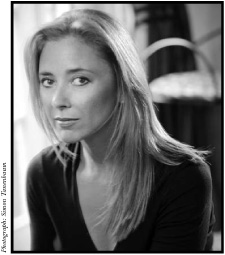
SUSAN MCCLELLAND is a freelance magazine journalist based in Toronto. Her work has appeared in Macleans, where she was a former staff writer, Readers Digest, More, Chatelaine, Canadian Living, The Walrus, Todays Parent, and The Globe and Mail. She has won and been nominated for numerous investigative reporting and feature-writing awards, including National Magazine and Canadian Association of Journalists awards. Susan writes predominately on womens and childrens issues and is the recipient of the 2005 Amnesty International Media Award. Her full biography and some of her articles can be viewed at www.susanmcclelland.com .
CHAPTER 1
My name is Mariatu, and this is my story. It begins the year I was 11, living with my aunt and uncle and cousins in a small village in Sierra Leone.
Id lived with my fathers sister Marie and her husband, Alie, since I was a baby. I called them Ya for mother and Pa for father, as terms of endearment. It was common in my country for children in the rural areas to be raised by people other than their birth parents.
Our village of Magborou was small, like most villages in Sierra Leone, with about 200 people living there. There were eight houses in the village, made out of clay, with wood and tin roofs. Several families lived in each house. The adults slept in the smaller rooms, and we kids usually slept together in the living room, which we called the parlor. Everyone chipped in and helped each other out. The women would all cook together. The men would fix the roofs of the houses together. And we kids played together.
None of the kids in my village went to school. My family, like everyone else in Magborou, was very poor. We need you to help us with the chores on the farm, Marie explained. Occasionally children from wealthier families and villages would pass through Magborou on their way to and from school. Some of these children went to boarding schools in Sierra Leones capital city, Freetown. I felt sad when I saw them. I wished I could see for myself what a big city looked like.
Starting from the time I was about seven, and strong enough to carry plastic jugs of water or straw baskets full of corn on my head, I spent my mornings planting and harvesting food on our farm outside Magborou. No one owned land in the villages; we all shared the farm. Every four years or so we rotated the crops of cassavawhich is like a potatopeanuts, rice, peppers, and sweet potatoes.
Next page

